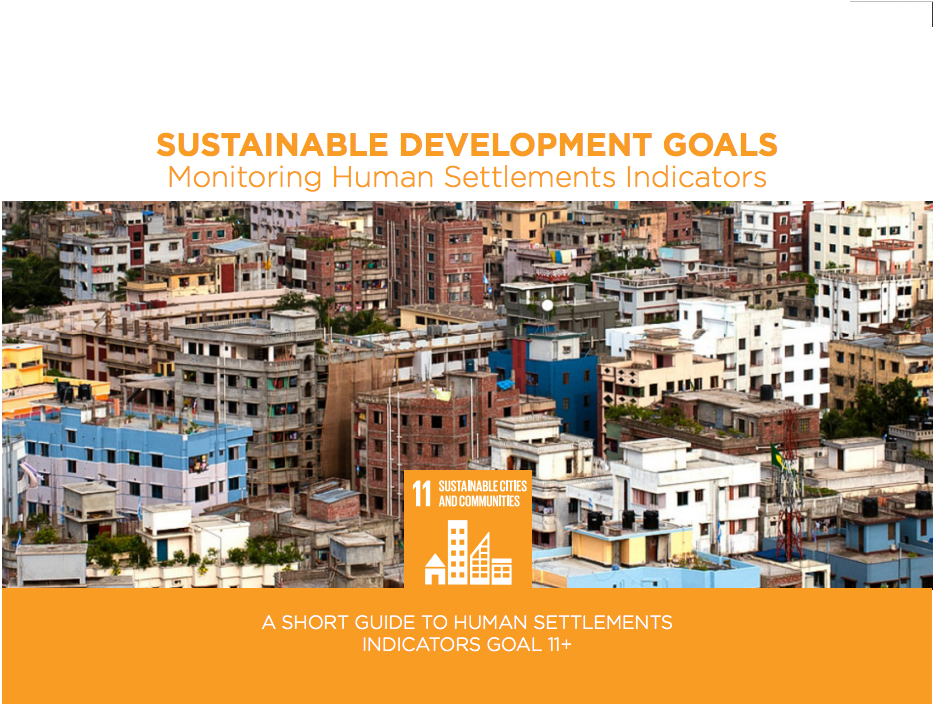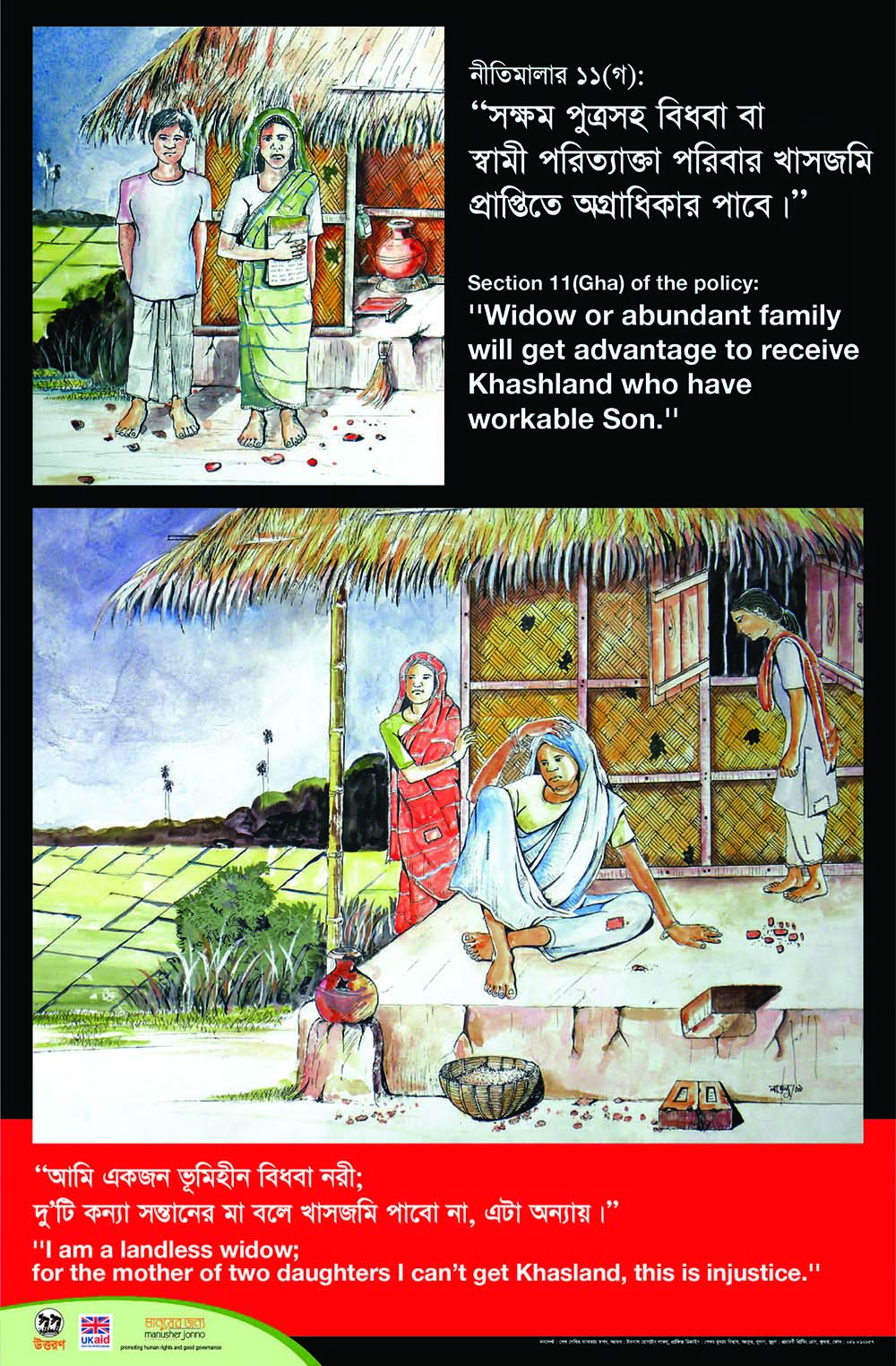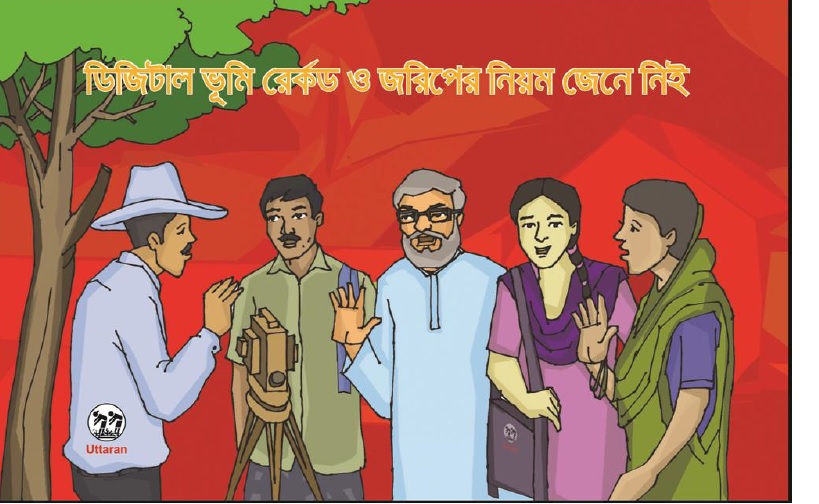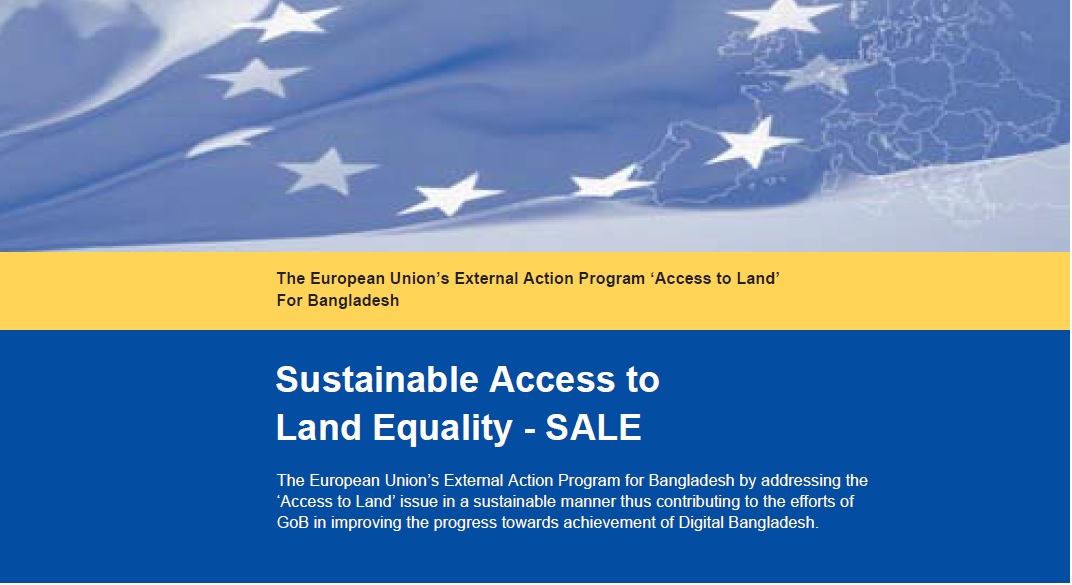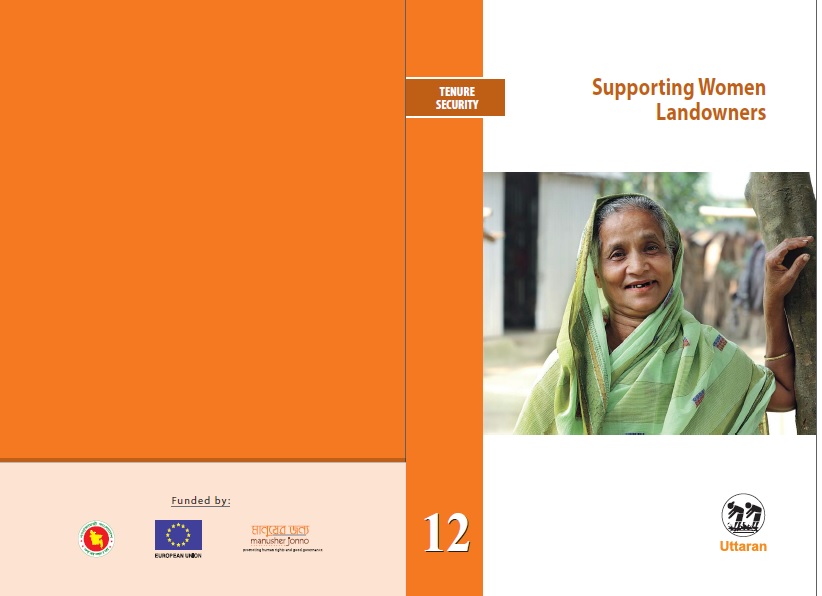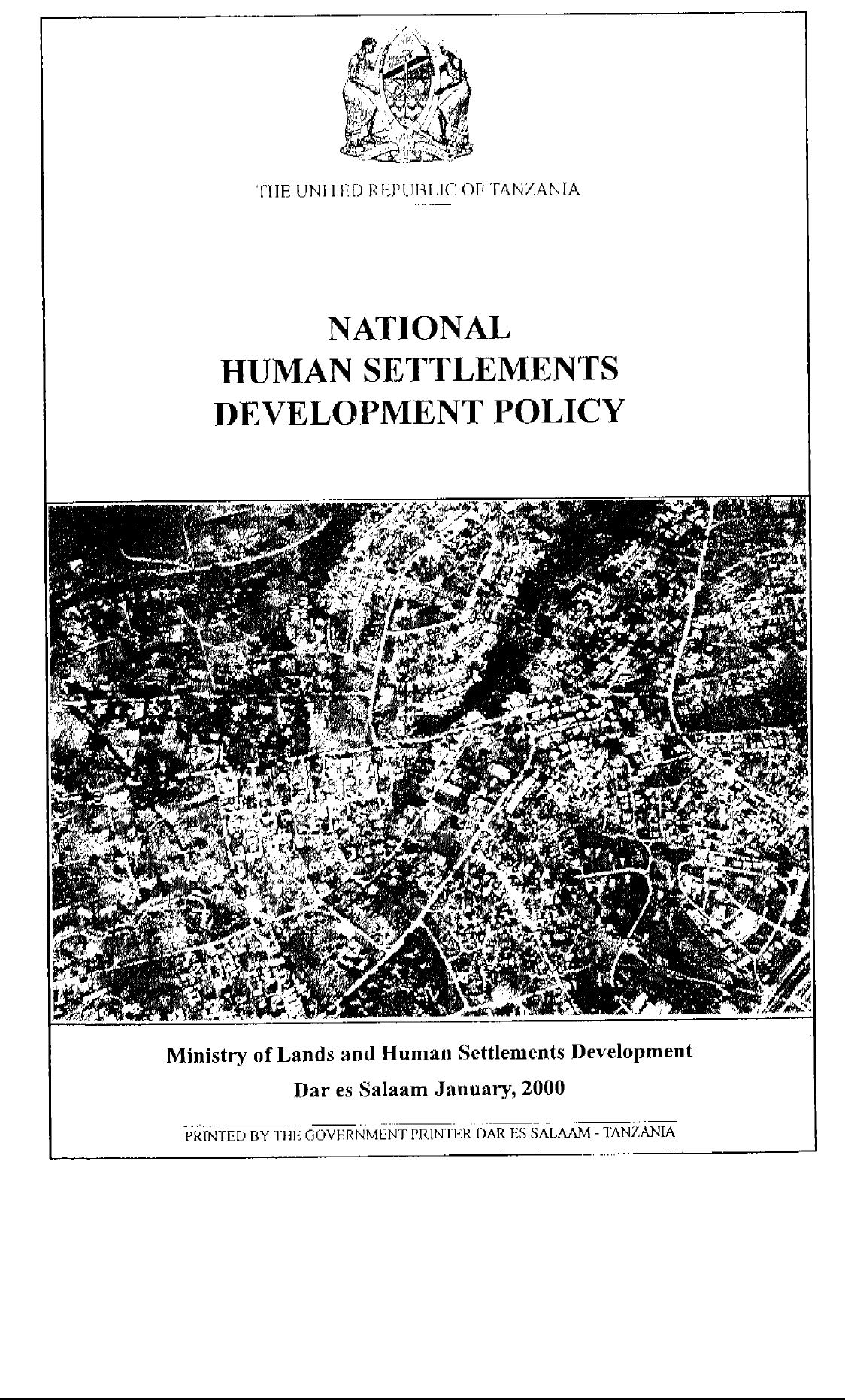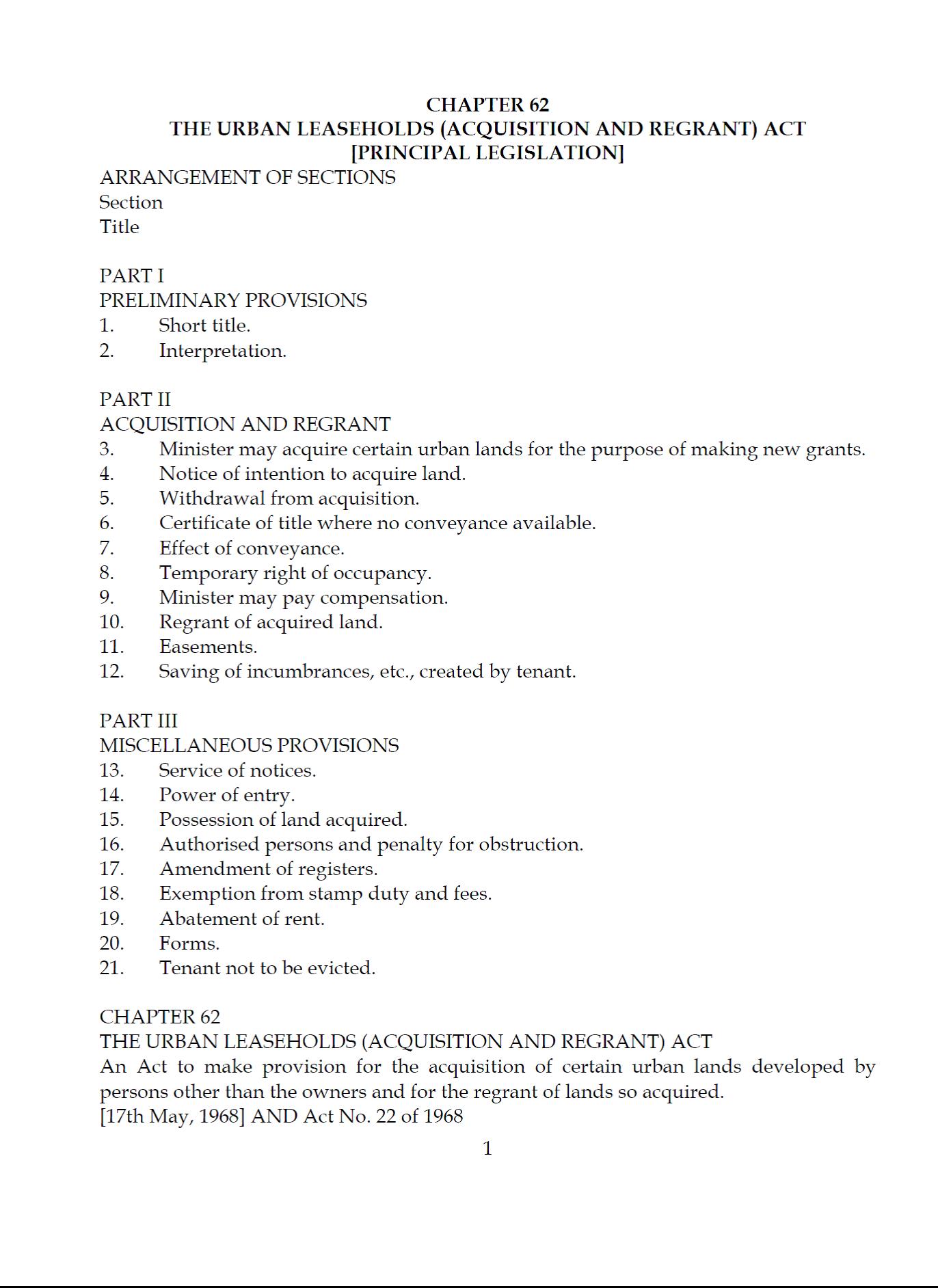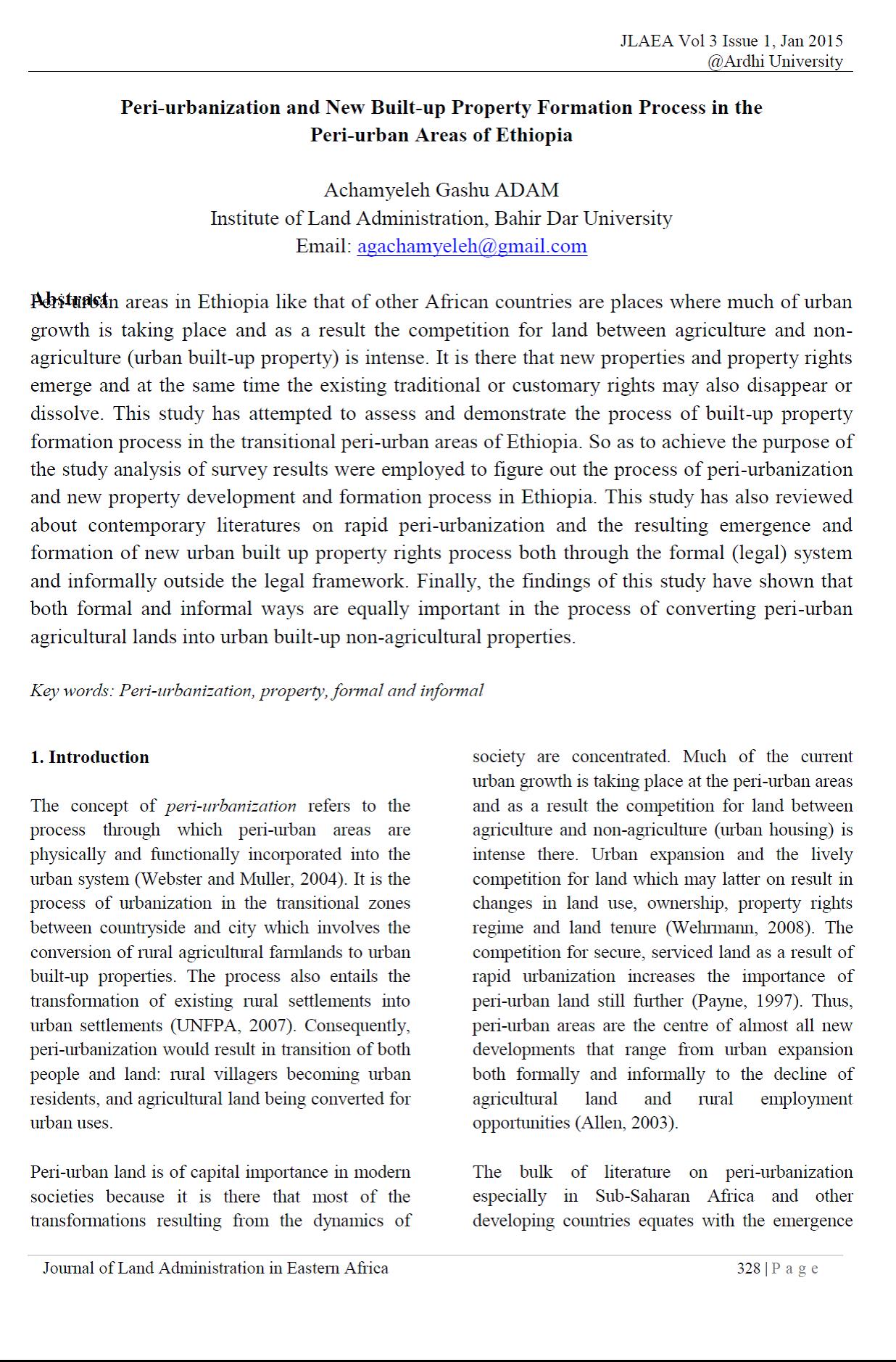Sustainable Development Goals: Monitoring Human Settlements Indicators
Today, more than half the world’s population lives in cities. By 2030, it is projected that 6 in 10 people will be urban dwellers. By 2050, the figure will have risen to 6.5 billion people; representing two-thirds of all civilization. Taking into account the increasing rural to urban migration and the rapid growth of cities in the developing world, it is clear that cities face a myriad of problems that may hinder planned growth and development.

